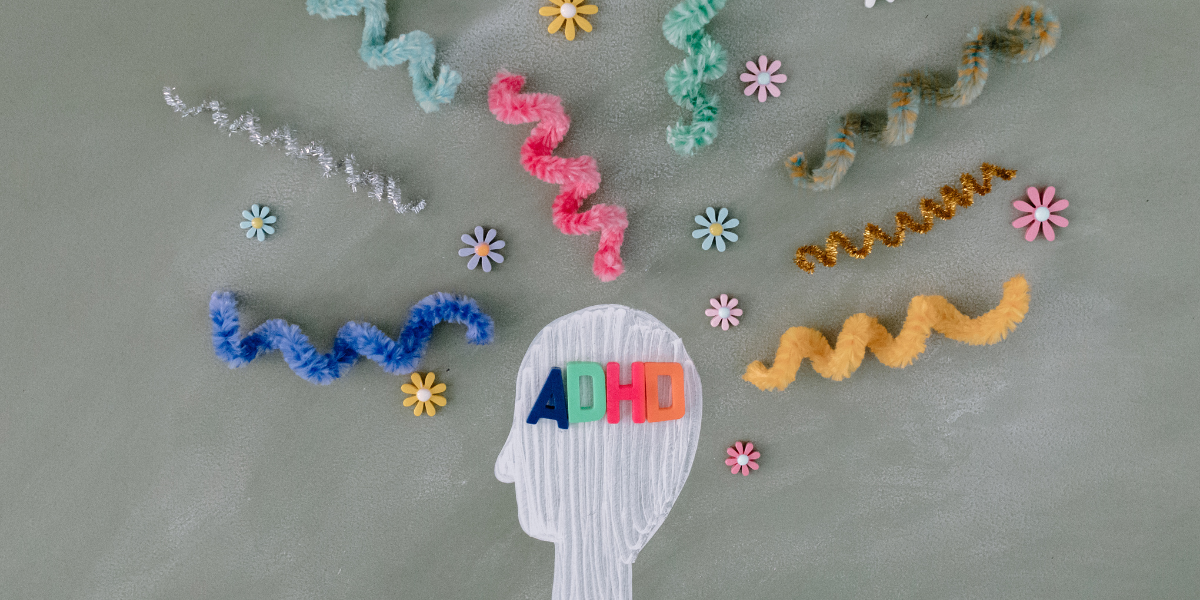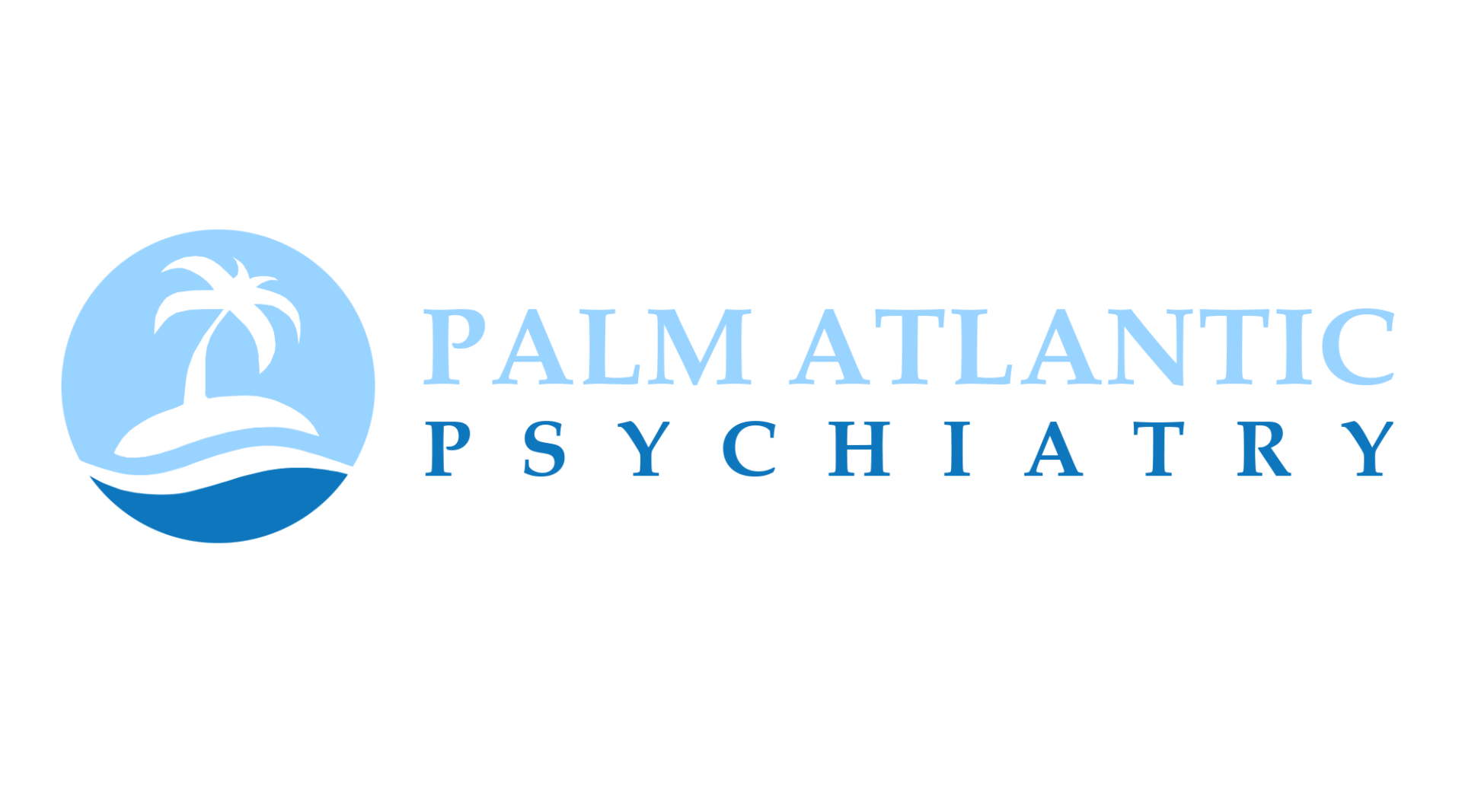What Is ADHD? Understanding the Basics
Understanding the Basics of ADHD

Attention-Deficit/Hyperactivity Disorder (ADHD) is a neurodevelopmental condition that affects how individuals focus, control impulses, and manage energy levels. While it’s often discussed in the context of children, ADHD is a lifelong condition that impacts people of all ages. Understanding ADHD requires looking beyond stereotypes and misconceptions to explore how it affects the brain, behavior, and daily life.
What Causes ADHD?
ADHD stems from differences in brain structure and function, particularly in areas involved in attention, impulse control, and executive function (planning, organization, and self-regulation). Research suggests that ADHD is highly heritable, meaning it often runs in families. Environmental factors, such as prenatal exposure to smoking or alcohol, premature birth, or low birth weight, may also play a role.
Symptoms of ADHD
ADHD is divided into three subtypes, based on the predominant symptoms:
1. Inattentive Type
- Difficulty sustaining attention
- Forgetfulness and frequent misplacing of items
- Trouble organizing tasks or following through on instructions
- Seeming distracted during conversations or activities
2. Hyperactive-Impulsive Type
- Fidgeting or an inability to stay seated
- Excessive talking or interrupting others
- Difficulty waiting their turn
- A sense of restlessness, often described as feeling “on the go”
3. Combined Type
- A mix of both inattentive and hyperactive-impulsive symptoms. These behaviors are more than occasional lapses in focus or energy—they persist over time, occur in multiple settings (e.g., work, school, home), and significantly interfere with daily functioning.
Common Misconceptions About ADHD
- ADHD is just a childhood disorder.
While it is commonly diagnosed in childhood, many adults with ADHD go undiagnosed until later in life. Symptoms may evolve with age, but the condition does not “go away.”
2. People with ADHD are lazy or unmotivated.
ADHD has nothing to do with intelligence or work ethic. Challenges with focus, planning, or impulse control often mask a person’s true potential.
3. ADHD is over diagnosed.
While awareness of ADHD has grown, it remains underdiagnosed in certain groups, such as girls, adults, and people of color, who may present symptoms differently.
How Is ADHD Diagnosed?
ADHD is diagnosed based on clinical evaluation rather than a specific medical test. A mental health professional or healthcare provider assesses symptoms, their impact on daily life, and whether they meet criteria outlined in the DSM-5 (Diagnostic and Statistical Manual of Mental Disorders, 5th Edition). Key factors include:
- Onset of symptoms before age 12
- Presence of symptoms in two or more settings (e.g., school and home)
- Significant impairment in social, academic, or occupational functioning
Living with ADHD: Challenges and Strengths
ADHD can present significant challenges, including difficulty meeting deadlines, maintaining relationships, or managing responsibilities. However, it’s important to recognize that individuals with ADHD often possess unique strengths, such as:
- Creativity and innovation: Many people with ADHD think outside the box.
- High energy and enthusiasm: This can translate into passion for topics of interest.
- Hyperfocus: When deeply engaged, individuals with ADHD can sustain intense concentration.
Support strategies, such as therapy, medication, and lifestyle adjustments, can help individuals leverage these strengths while managing their challenges.
How to Support Someone with ADHD
1. Be patient and understanding.
Recognize that ADHD behaviors are not intentional.
2. Encourage structure and routines.
Consistent schedules can help reduce overwhelm.
3. Educate yourself.
Learning about ADHD can foster empathy and provide practical insights.
4. Focus on strengths.
Celebrate successes and support areas of growth.
Final Thoughts
ADHD is not a one-size-fits-all condition. Its impact varies widely from person to person, making it crucial to approach each individual with curiosity and compassion. By understanding ADHD as a neurodivergent way of thinking and being, we can move past outdated stigmas and provide meaningful support to those navigating life with this condition.
If you or someone you love is struggling with ADHD or other mental health challenges,
Palm Atlantic Psychiatry is here to help. Our compassionate team specializes in providing clear, straightforward care tailored to your unique needs. Whether you’re looking for a diagnosis, treatment options, or ongoing support, we’re committed to helping you thrive.
Visit Palm Atlantic Psychiatry to learn more and take the first step toward a healthier, more fulfilling life.

All Rights Reserved | Palm Atlantic Psychiatry | Privacy Policy
By providing your email address or phone number and clicking "Submit" or any similar action, you agree to receive emails and text messages (SMS) from Palm Atlantic Psychiatry regarding appointments, services, and important updates. Message and data rates may apply. You can opt out at any time by clicking "UNSUBSCRIBE" or replying "STOP" to any message.




